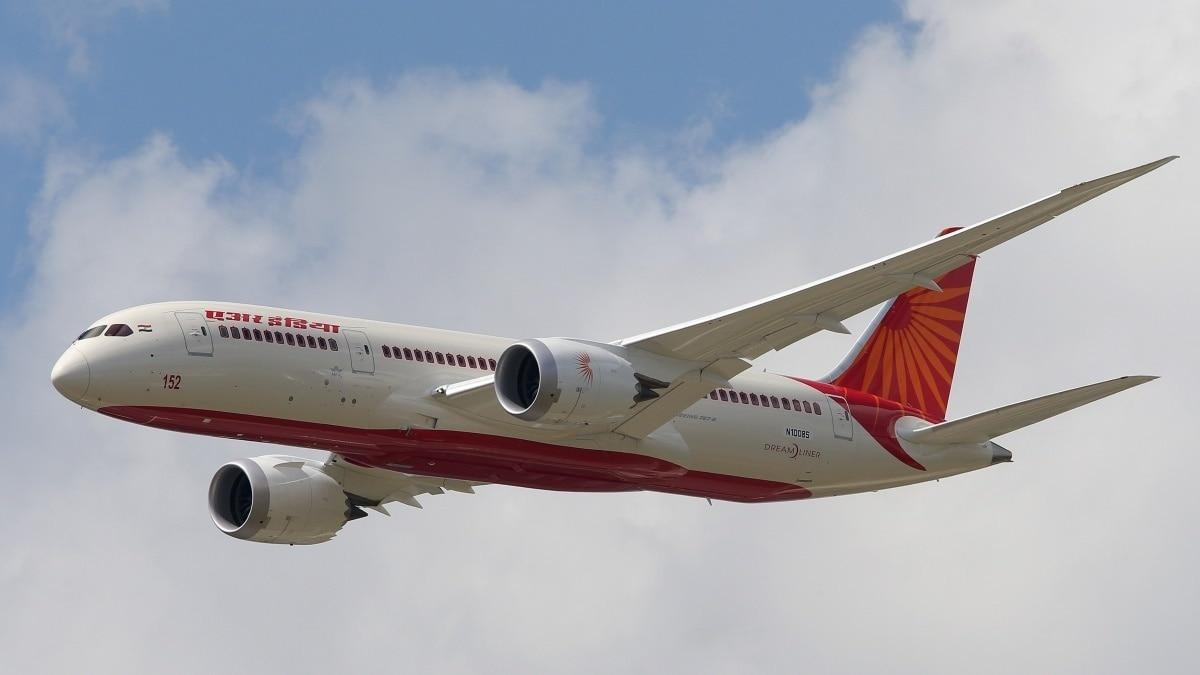
Email più intelligenti, business più veloce. Tag automatici, analisi e risposte immediate a richieste, preventivi, ordini e altro.
Tendenze
Air India Defends Fleet Maintenance After Safety Concerns Over AI 171 Engine

Air India Defends Fleet Maintenance Amid Safety Concerns Following Ahmedabad Crash
Air India’s CEO, Campbell Wilson, has publicly defended the airline’s maintenance protocols in the wake of the tragic crash of flight AI 171 near Ahmedabad on June 12, which resulted in only one survivor among those on board. Addressing growing safety concerns, Wilson affirmed that the engines on the London-bound Boeing 787 Dreamliner exhibited no issues prior to departure. He emphasized that both the aircraft and its engines undergo regular and rigorous monitoring to ensure operational safety.
Investigation and Initial Findings
Preliminary investigations, as reported by The Wall Street Journal, indicate a possible double engine failure as a contributing factor to the crash. The aircraft’s emergency power system, known as the Ram Air Turbine (RAT), was reportedly deployed shortly before the incident—a measure typically reserved for scenarios involving complete engine failure. Aerospace safety consultant Anthony Brickhouse, based in the United States, noted that while such failures are exceedingly rare given the reliability of modern engines, they can occur due to external factors such as bird strikes or fuel-related issues.
In response to speculation regarding potential maintenance shortcomings, Wilson reiterated Air India’s commitment to safety and transparency. He detailed that the aircraft had undergone its last major maintenance check in June 2023, with the next scheduled for December 2025. The right engine was overhauled in March 2025, and the left engine inspected in April 2025. According to Wilson, all inspections and monitoring prior to the flight revealed no anomalies.
Crew Experience and Operational Integrity
Air India also underscored the qualifications and experience of the flight crew. The flight was commanded by Captain Sumeet Sabharwal, a seasoned pilot and trainer with over 10,000 hours of experience flying widebody aircraft. First Officer Clive Kunder brought more than 3,400 hours of flying experience to the operation. The airline highlighted these credentials to reinforce confidence in the professionalism and preparedness of its personnel.
Industry Impact and Regulatory Response
The crash has intensified scrutiny of Air India’s Boeing 787 fleet, presenting significant challenges as the airline strives to maintain public trust and safeguard its reputation. Industry analysts observe that such incidents often lead to a temporary decline in passenger bookings, as travelers become more cautious. Recent surveys suggest that 51% of Indian travelers avoid certain airlines due to safety concerns, a trend that competitors may seek to leverage by emphasizing their own safety records.
In compliance with regulatory directives, Air India has undertaken comprehensive safety inspections across its fleet of 33 Boeing 787 aircraft. To date, 26 aircraft have been inspected and cleared for service, while the remaining planes are undergoing planned maintenance and will receive additional checks before returning to operation. The Directorate General of Civil Aviation (DGCA), India’s aviation regulator, has confirmed that Air India’s Boeing 787 fleet and maintenance procedures fully comply with established safety standards following these inspections.
Ongoing Investigation and Industry Implications
The investigation into the crash remains active and is expected to extend over the coming year or longer. Authorities are examining a range of potential factors, including maintenance practices, crew actions, and possible design issues. Wilson concluded by emphasizing the need to await the official investigation report to gain a comprehensive understanding of the incident.
This tragedy represents a critical juncture for Air India amid its ongoing transformation under Tata Group ownership, as well as for India’s broader aviation sector. The industry faces the urgent task of reassuring passengers and restoring confidence in the safety of its skies.